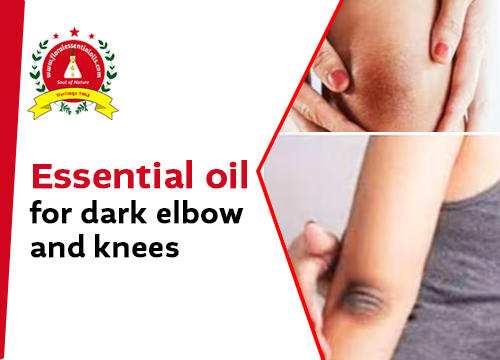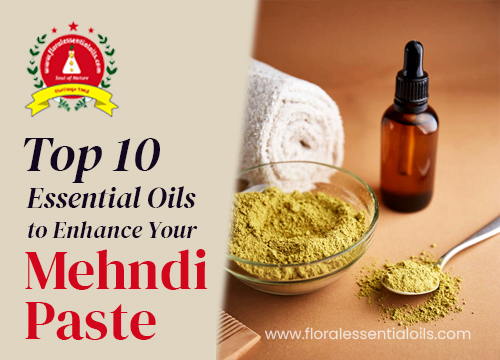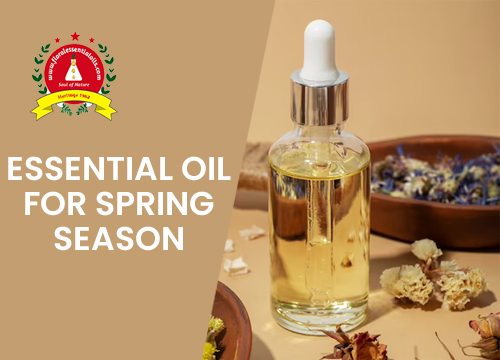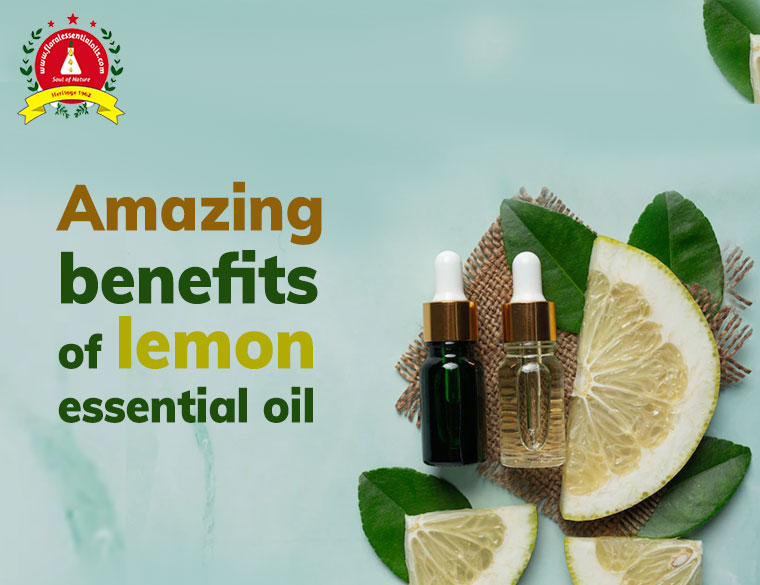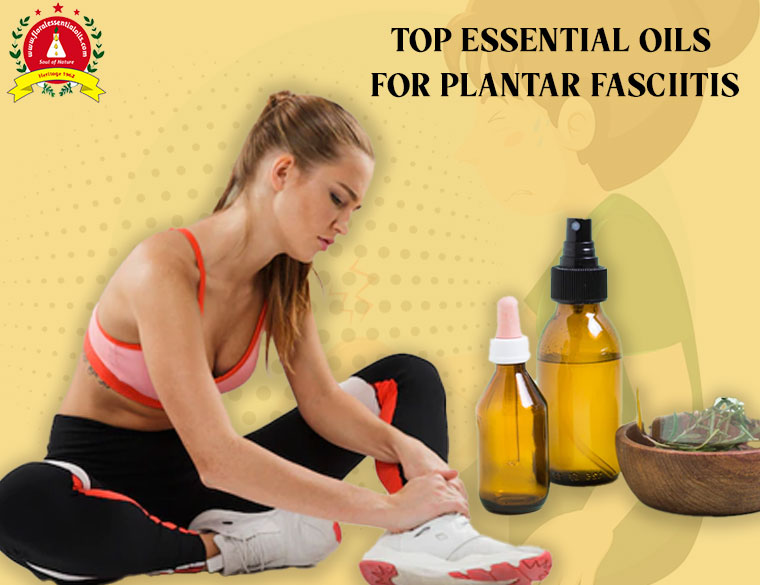Dark elbows and knees are a common skincare concern that many people face. Whether caused by friction, dryness, sun exposure, or a buildup of dead skin cells, these darkened areas can make you feel self-conscious. While there are countless skincare products on the market, essential oils offer a natural, effective, and affordable solution to lighten and brighten these areas. In this blog, we’ll explore the best essential oils for dark elbows and knees, how they work, and how to use them safely for glowing, even-toned skin.
Why Do Elbows and Knees Darken?
Before diving into solutions, it’s important to understand why elbows and knees tend to darken more than other parts of the body:
Friction: Constant rubbing against clothing, surfaces, or even during daily activities can cause thickening and darkening of the skin.
Dryness: These areas have fewer oil glands, making them prone to dryness and flakiness, which can lead to a dull appearance.
Dead Skin Cell Buildup: Elbows and knees are often neglected during exfoliation, leading to a buildup of dead skin cells that can darken over time.
Sun Exposure: Prolonged exposure to UV rays can cause hyperpigmentation, especially in areas with thinner skin.
Hormonal Changes: Conditions like hormonal imbalances or certain medical issues can also contribute to skin darkening.
How Essential Oils Can Help
Essential oils are concentrated plant extracts that offer a wide range of skincare benefits. They are packed with antioxidants, vitamins, and natural compounds that can:
- Lighten dark spots and hyperpigmentation.
- Moisturize and nourish dry skin.
- Promote cell regeneration for smoother, brighter skin.
- Reduce inflammation and irritation.
When used correctly, essential oils can be a game-changer for dark elbows and knees. Let’s explore the best options and how to use them.
Top Essential Oils for Dark Elbows and Knees
-
Lemon Essential Oil
Lemon oil is a powerhouse for skin brightening. It’s rich in vitamin C and citric acid, which help lighten dark spots and even out skin tone. Its natural exfoliating properties also remove dead skin cells, revealing brighter skin underneath.
How to Use:
- Mix 2-3 drops of lemon oil with 1 tablespoon of coconut oil or olive oil.
- Apply to your elbows and knees, massaging gently for 2-3 minutes.
- Leave it on for 15-20 minutes before rinsing off.
- Use 2-3 times a week for best results.
Caution: Lemon oil is photosensitive, so avoid sun exposure after application. Always dilute it with a carrier oil to prevent irritation.
-
Lavender Essential Oil
Lavender oil is known for its soothing and healing properties. It helps reduce inflammation, repair damaged skin, and promote cell regeneration. Its gentle nature makes it suitable for all skin types.
How to Use:
- Combine 3-4 drops of lavender oil with 1 tablespoon of jojoba oil or almond oil.
- Massage the mixture into your elbows and knees before bedtime.
- Leave it on overnight for deep hydration and repair.
-
Tea Tree Essential Oil
Tea tree oil is a natural antiseptic and anti-inflammatory agent. It helps cleanse the skin, unclog pores, and reduce dark spots caused by irritation or infections.
How to Use:
- Mix 2-3 drops of tea tree oil with 1 tablespoon of aloe vera gel.
- Apply to the affected areas and leave it on for 20 minutes before rinsing.
- Use 2-3 times a week for best results.
-
Frankincense Essential Oil
Frankincense oil is renowned for its skin-rejuvenating properties. It helps reduce the appearance of scars, dark spots, and uneven skin tone while promoting collagen production.
How to Use:
- Blend 2-3 drops of frankincense oil with 1 tablespoon of rosehip oil.
- Massage into your elbows and knees daily for noticeable results.
-
Geranium Essential Oil
Geranium oil is excellent for balancing skin tone and improving circulation. It also has astringent properties that help tighten and brighten the skin.
How to Use:
- Mix 3-4 drops of geranium oil with 1 tablespoon of sweet almond oil.
- Apply to the darkened areas and leave it on for 30 minutes before rinsing.
-
Rosehip Seed Oil
While not an essential oil, rosehip seed oil is a carrier oil that works wonders for dark elbows and knees. It’s rich in vitamins A and C, which help lighten hyperpigmentation and promote skin regeneration.
How to Use:
- Combine a few drops of your favorite essential oil (e.g., lemon or lavender) with rosehip seed oil.
- Apply the mixture daily for soft, glowing skin.
How to Use Essential Oils Safely
Essential oils are highly concentrated and should always be used with caution. Follow these tips to ensure safe and effective use:
Dilute Properly: Always mix essential oils with a carrier oil (e.g., coconut oil, jojoba oil, or almond oil) to avoid skin irritation. A general rule is to use 2-3 drops of essential oil per tablespoon of carrier oil.
Patch Test: Before applying any essential oil blend, do a patch test on a small area of your skin to check for allergic reactions.
Avoid Sun Exposure: Some essential oils, like lemon oil, can make your skin more sensitive to sunlight. Use them in the evening or apply sunscreen if going outside.
Consult a Professional: If you have sensitive skin or underlying skin conditions, consult a dermatologist before using essential oils.
DIY Essential Oil Recipes for Dark Elbows and Knees
-
Brightening Scrub
- 2 tablespoons sugar
- 1 tablespoon coconut oil
- 3 drops lemon essential oil
- 2 drops lavender essential oil
Instructions:
- Mix all ingredients in a bowl.
- Gently scrub your elbows and knees in circular motions for 2-3 minutes.
- Rinse off with warm water and pat dry.
- Use 2-3 times a week for best results.
-
Hydrating Skin Balm
- 1 tablespoon shea butter
- 1 tablespoon almond oil
- 3 drops frankincense essential oil
- 2 drops geranium essential oil
Instructions:
- Melt the shea butter in a double boiler.
- Add almond oil and essential oils, then mix well.
- Pour the mixture into a small container and let it solidify.
- Apply to your elbows and knees daily for soft, glowing skin.
-
Overnight Repair Serum
- 1 tablespoon rosehip seed oil
- 2 drops tea tree essential oil
- 2 drops lavender essential oil
Instructions:
- Mix all ingredients in a small bottle.
- Apply a few drops to your elbows and knees before bed.
- Leave it on overnight for deep repair and hydration.
Additional Tips for Brighter Elbows and Knees
Exfoliate Regularly: Use a gentle scrub or exfoliating glove to remove dead skin cells and promote cell turnover.
Moisturize Daily: Keep your skin hydrated with a rich moisturizer or natural oils like coconut oil or shea butter.
Wear Sunscreen: Protect your elbows and knees from further darkening by applying sunscreen daily.
Stay Hydrated: Drink plenty of water to keep your skin healthy and glowing from within.
Conclusion
Dark elbows and knees don’t have to be a permanent concern. With the power of essential oils and a consistent skincare routine, you can achieve brighter, smoother, and more even-toned skin. Whether you choose lemon oil for its brightening properties or lavender oil for its soothing effects, these natural remedies can transform your skin without harsh chemicals. Give these essential oil recipes a try, and embrace the confidence that comes with radiant, healthy skin!
